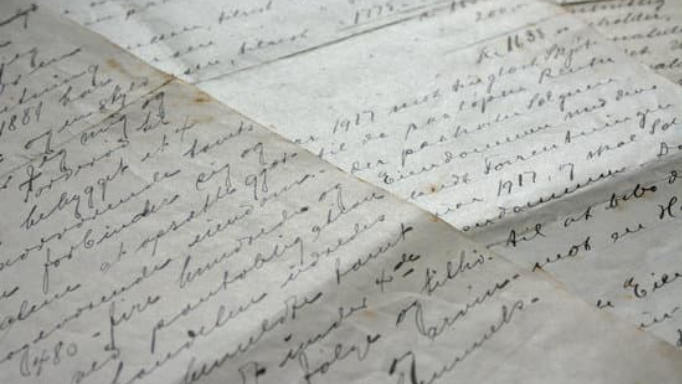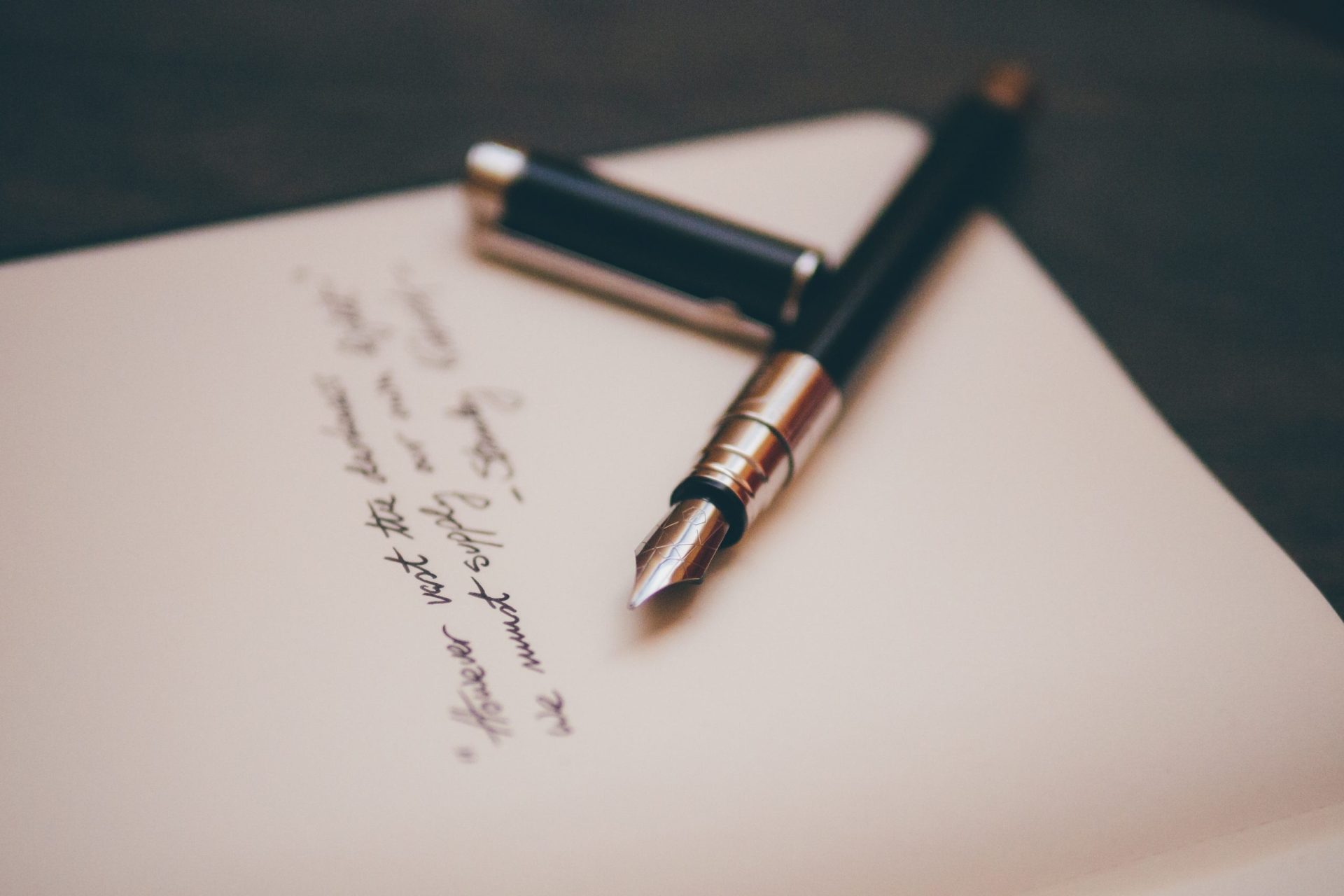One would think that you can draft a handwritten will yourself. It should be easy, right? However, not all states recognize a handwritten will, and it is often referred to as a “holographic will.” The person who drafts this is referred to as a testator.
A holographic will is usually not signed by two witnesses and notarized. That is the difference from the standard, documented “with witness” will. Although some states allow and recognize a holographic will, there are still specific standards to conform with.
Since not all states recognize and allow holographic wills, the handwriting and signature can be questioned. Even if it is written and signed by the testator in their excellent mental capacity and sanity, it is crucial to have a holographic will legally recognized.
Handwriting and signatures in the holographic will are crucial because there are disputes regarding the will drafter’s identity often arise in the probate courts. In this case, a probate court will take over. Probate courts handle wills and estates, among other judicial system matters.
The signature at the end of a will can be forged, and the validity of the holographic will can be questioned. Because of this, experts in handwriting, signatures, and document forgery are often called in in the probate courts to testify and check if the holographic will can be considered legal and valid.
Holographic wills are recognized only in a few states, while others do not accept them entirely. The few states which allow such will only consider them under the foreign wills provision. A holographic will drafted by a member of the Armed Services, for example, is accepted and recognized in New York.
The validity of Holographic Will in Florida
Florida does not recognize a holographic will that is not notarized and was not made in front of two witnesses. If the testator made a handwritten will signed by two present witnesses, it is considered a valid and legal will in Florida.
The testator needs to sign the handwritten will at the end of the document with two witnesses present to attest to it. In Allen v. Dalk, the Supreme Court of Florida ruled that: “an unsigned will is no will, a will the testator’s signature omitted does not comply substantially with the Wills Act.”
With that ruling, specific requirements need to be followed to create a holographic will. Improper execution of the holographic will does not suffice.
In the above case cited, there was a change in the existing will. Although minor, it was not done according to the Wills Act, where any amendment to the original will should be signed. Changing the will requires a codicil, a formal way to make changes and amendments to all will following the Florida laws.
Writing Holographic Will
If you write any will or a holographic will in Florida, you must remember three things. You need to be eighteen (18) years of age, must be of “sound mind and judgment,” and be drafting the will as your “last will and testament.”
Although a holographic will seems easy to do, The Florida Wills Statute is very complicated. One needs to consider factors that affect a holographic will and its legal validity. If you want to create a will of your own, you must be cautious, and you need to speak to an attorney before doing so.
Speak to a Lawyer and Consult First About Wills
Consulting an attorney when drafting a legal document is a smart move, even if you do not need it. It could provide you with peace of mind knowing that the papers are written and made are valid and follows the Wills Act.
Experienced lawyers in the field can give you legal advice to meet the standards and formalities that need to be applied, especially if you choose to execute a handwritten will. Wills and Estates are mostly questioned in Florida Courts. Forgery and fraud, Durres, defects of the will, and not meeting the requirements and formalities to satisfy the law are just a few problems you may come across.
We are just a Phone Call Away
A will is an essential document. There are compliance standards, and requirements that need to be met. Our experienced estate planning attorneys can help you adhere to the law. The law firm of Jurado & Farshchian, P.L., can help you. Get in touch with Attorney Romy B. Jurado at (305) 921-0976 or send us an email at [email protected] to start a consultation.




